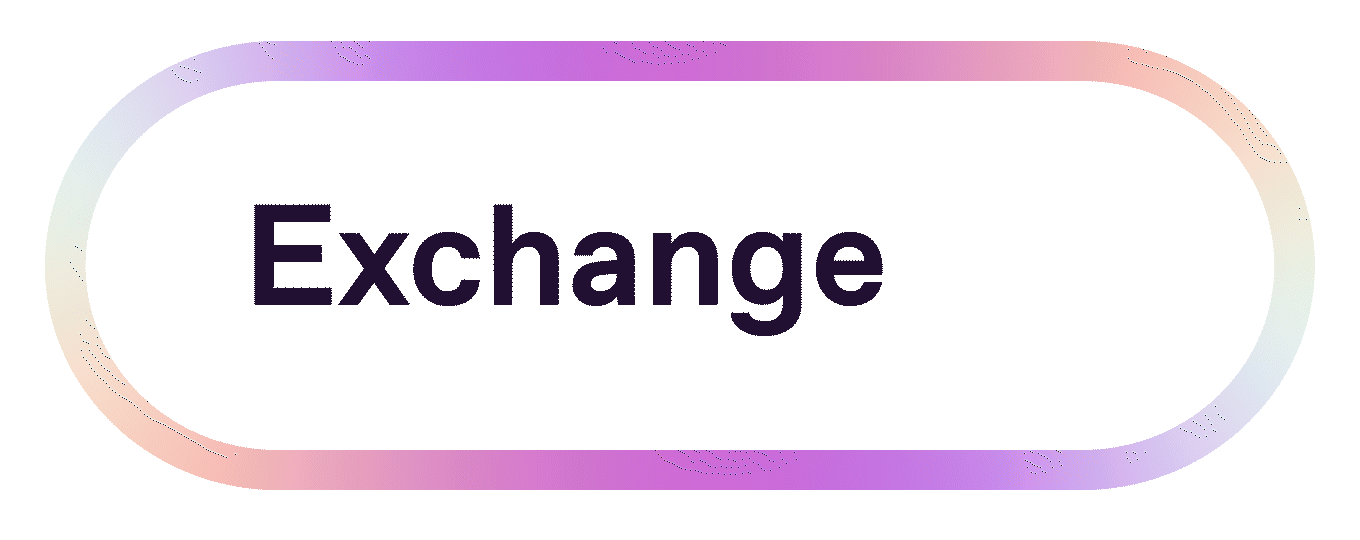Integrated Knowledge
Integrated Knowledge Exchange (IKE) is an open-source, collaborative hub that provides tools for managing healthcare knowledge in a consistent, standards-aligned way.
Better Data.
Better Outcomes.
Low-quality, inconsistent health data leads to missed opportunities, misinformed decisions, and uneven patient care. The Integrated Knowledge Exchange (IKE) approach was created to change that, transforming how healthcare knowledge is created, shared, and reused. By improving data quality and interoperability upstream, IKE helps providers downstream make better decisions at the point of care, empowers public health agencies with accurate insights, and gives patients greater confidence in their treatment journeys.
Healthcare decision-makers too often work in isolation, relying on proprietary tools that limit collaboration and make it difficult to share insights broadly. Even with vast amounts of health data, variations in format, terminology, and quality can undermine confidence in the decisions being made. IKE addresses these challenges by harmonizing diverse knowledge resources, ensuring they are accurate, reusable, and interoperable, so the right information can flow seamlessly across the healthcare ecosystem.
Breaking Down Siloes in Healthcare Data
Who Is IKE Meant For?
Developers & Data Engineers
-
Build and integrate software solutions using IKE’s open-source APIs and models; harmonize data pipelines; enable downstream applications (like LLMs, analytics engines, or CDS systems) to work with consistent, standards-aligned knowledge.
Policy, Research &
Regulatory Leaders
-
Access consistent, authoritative datasets for analysis; inform public health and regulatory policies; improve research reproducibility; support evaluation of medical products; increase the accuracy of AI/LLM outputs by grounding them in structured, validated knowledge.
Terminology &
Knowledge Stewards
-
Manage clinical terminologies and metadata; unify SNOMED CT®, RxNorm, LOINC®, GUDID, and other standards into reusable artifacts; publish knowledge in formats that others can adopt without starting from scratch.
Health IT Innovators
-
Reuse validated knowledge models to accelerate product development; integrate structured, standards-aligned knowledge into EHR modules, decision support systems, or analytics platforms; reduce costs and errors by avoiding one-off, custom solutions










